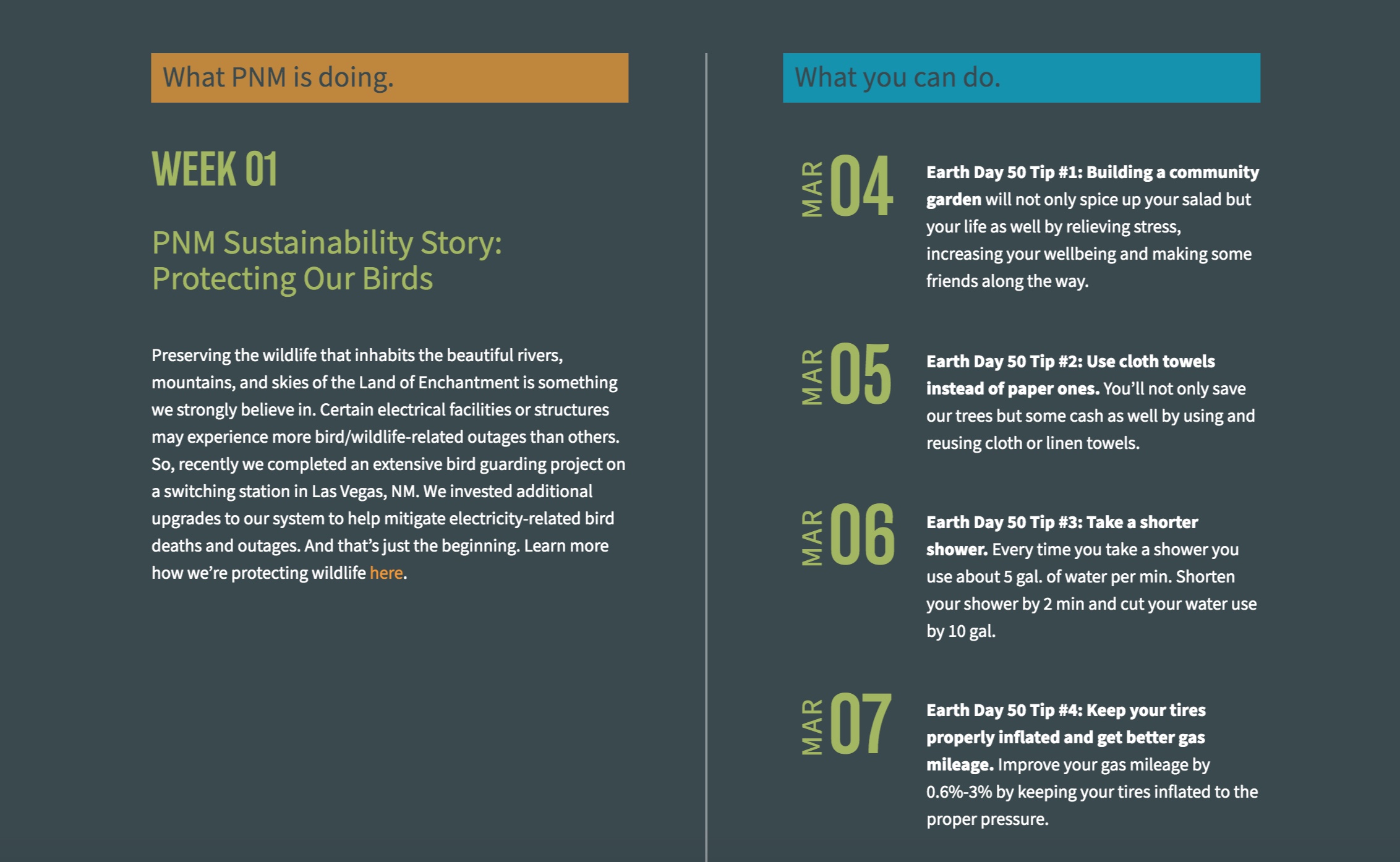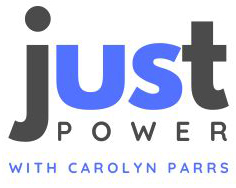
24 Mar Could this be sustainability’s big break?
Many of you know that I live in what they’re calling “ground zero”. King County, Washington has more than 1,700 COVID-19 cases and, by far, the majority of deaths associated with the virus. Our population is dense, over 2.2 million people live here, which makes it all the more important to observe social distancing and stay at home. We Seattleites have been doing it for weeks. Can you say Monopoly?
Given all that’s going down, I wanted to share another aspect of COVID-19 that might be little known. A recent study shows that the coronavirus lockdown in China likely saved 77,000 people by reducing pollution from all the cars, trucks and factories that blow nitrogen dioxide emissions into the air. That’s 20 times the number of lives that have been directly lost to the virus.
Could COVID-19 be the big wake-up call that we sustainability professionals, conscious business owners, and advocates have been waiting for? Could it be sustainability’s break?
With the 50th anniversary of Earth Day around the corner, when 20 million took to the streets back in 1970 to raise awareness around environmental responsibility, the timing is auspiciously aligned. How can we carpe diem?
Here is how we helped our client, PNM. In their Earth Day 50 campaign, for 50 days straight till Earth Day on April 22, PNM is sharing with its customers via social media and through a dedicated website, their very own sustainability stories plus a simple, daily sustainability tip for their customers to easily incorporate into their lives. We also developed an internal campaign for PNM employees with more tips on how to integrate sustainability and environmental awareness in the workplace every day.
When we initially developed this idea, COVID-19 didn’t exist, so our content included tips like “buy in bulk” without any reference to the danger of hoarding – or “bring your own reusable cup to your favorite café” when cafes were open and thriving. Everything needed to be rethought and rewritten with the changing landscape.
How is your sustainability landscape changing? How can you seize this moment to help connect the dots between meeting the needs of the present without compromising the ability of future generations to meet their needs?
I am very interested to hear and share that with my community. And if you have a super relevant sustainability tip for the times, I invite you to share it with me, and I will do my best to share it with my world. Thank you for all that you are doing, being, and becoming through this difficult time.







